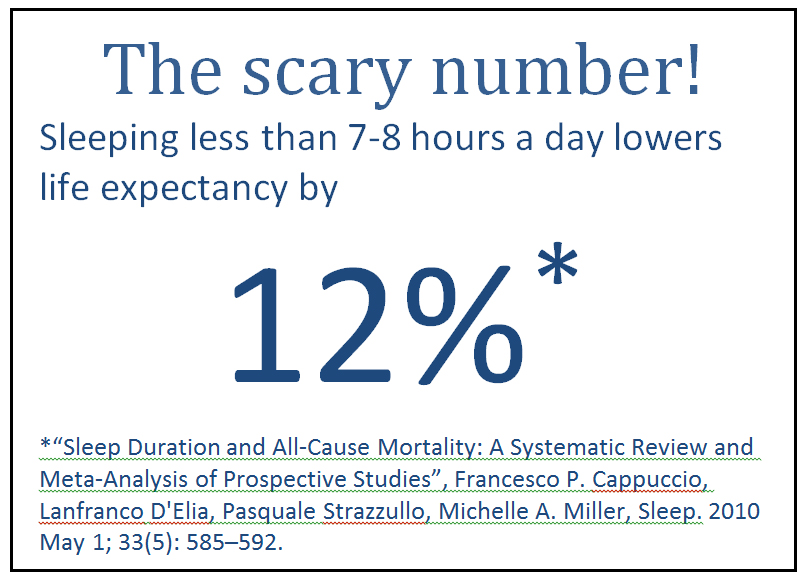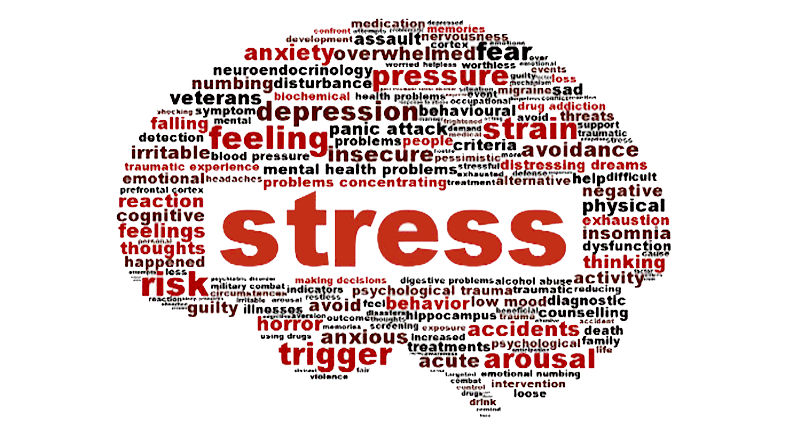Stress is a normal response of the body to certain situations. It allows us to react to perceived danger faster and more efficiently or perform even better under pressure. But it’s not this episodic stress that needs to be discussed, but chronic stress. The same biological response that on the one hand can save your life (faster heartbeat and breathing, muscular tension, augmentation of oxygen consumption by the brain, etc.), can take it away if it remains constant over a long period of time.
Negative effects of chronic stress
On physical health: headaches, heartburn, fast breathing and heart rate, weakened immune system, increased risk of heart disease, high blood pressure, low libido, erectile problems, and more …
If this list seems impressive and scary, that’s because it is! Stress affects every system in the body. We often have a tendency to blame many other causes before tackling stress. Indeed, the link between repetitive headaches and chronic stress is not as easy to establish as the one between headaches and poor posture (easy for a massage therapist anyway). Worse still, we become accustomed to living with these symptoms and we accept them as inevitably linked to our fast and demanding lifestyle.
On mental health: depression, anxiety and irritability are just a few examples, but their importance and impact on our daily lives is enormous. No need to get lost in all sorts of explanations and details here. We simply need to accept that constant stress undermines mental health. This link has been sufficiently studied and observed to be accepted for a fact. For more information on the subject: Stress and Health: Psychological, Behavioral, and Biological Determinants.
 Insomnia: stress causes insomnia by making it hard to fall or stay asleep and by reducing the quality of sleep. Insomnia can be the cause of the physical and mental problems mentioned above, but one of the worst consequences of insomnia is that it often creates a vicious circle. For example, insomnia causes a drop in productivity at work, which leads to more stress, which causes more insomnia, etc.
Insomnia: stress causes insomnia by making it hard to fall or stay asleep and by reducing the quality of sleep. Insomnia can be the cause of the physical and mental problems mentioned above, but one of the worst consequences of insomnia is that it often creates a vicious circle. For example, insomnia causes a drop in productivity at work, which leads to more stress, which causes more insomnia, etc.
Finally, chronic stress is also linked to behaviors such as unhealthy eating, alcohol or drug abuse, and social isolation.
Stress management
An important step in stress management is getting quality time for yourself, away from the causes of stress. After identifying the stress factors in your life, it is necessary to make a conscious choice to control the effects they have on you. But to overcome the negative effects accumulated over years, on your body and mind, you must give yourselves enough time. You do not straighten a tree by staking it for a single day …
But do you know how to let go of everything that solicits time and energy? Can you, without any help, stop thinking and empty your mind? No? Let me tell you how Dans ma bulle can help you.
By removing all external sources of stimuli, we give the brain the opportunity to focus on other things than the management of the senses. First of all, you have to learn to breathe well with your diaphragm. A float session allows you to focus on your breathing. When your thoughts begin racing again, you must always return to your breathing. This has the effect, among others, of reducing the heart rate and blood pressure.
When your breathing is stabilized, it is then possible to enter a state of deep relaxation. In fact, float therapy is one of the best ways to achieve the emission of theta waves by the brain; which one finds during deep relaxation usually attained by experts in meditation or hypnosis.
Very often, floaters who reach the theta state eventually fall asleep. As we have seen above, sleep is a very good thing … However, those who do not fall asleep can take advantage of these moments to do visualization or to let their creativity flow. Indeed, surges of creativity and inspiration are not uncommon during float sessions. This is due to the fact that one manages to calm down, to keep a cool head and that all the distractions from the outside world are blocked.
With massages
Relaxation, release of muscular tension, slowing of the heart rate, lowering of the blood pressure is what you can expect during a massage. It’s time to stop thinking that massages are just a way to spoil yourself. In fact, massages are an essential tool for treating a variety of physical and mental disorders. In addition, it is also recognized that it improves the quality of sleep. To learn more about the benefits of massages, I invite you to visit the website of the Réseau des Massothérapeutes Professionnels du Québec. Finally, keep in mind that the benefits of massages are cumulative.
In conclusion, never forget that you cannot cure a problem that you have been developing for years in a single float or massage session. You must make a conscious choice to take charge of your health and choose a long-term relaxation method. Chronic stress appears slowly and its symptoms are felt only when our bodies start to warn us. We are very capable of living with or completely ignoring these symptoms, but only until we reach our mental or body limits! Prevention is key!

